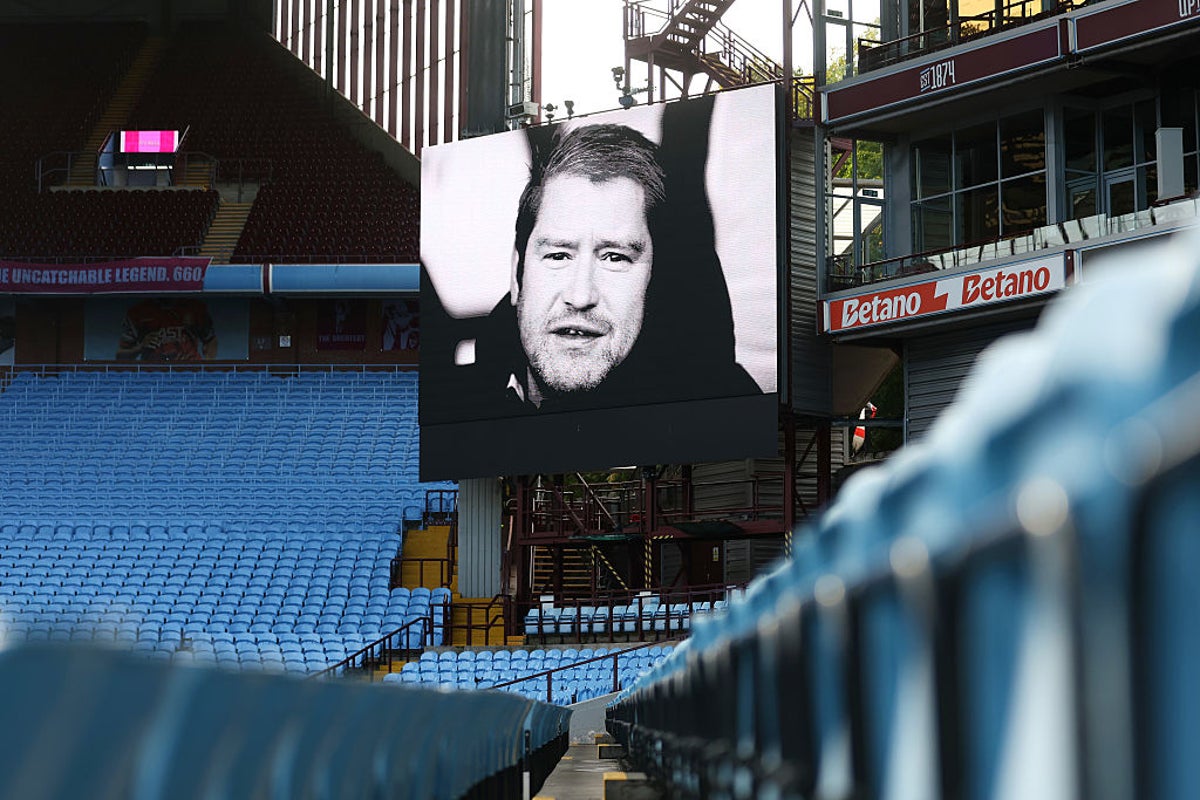Helen RichardsonNorth East political reporter

Homeless women calling for more female-only services have said they avoid mixed-sex hostels because they can be “ruthless” and “terrifying”.
One, who found herself in a mixed-sex hostel in Sunderland, said three men “were taken out in body bags” during the first week she stayed there.
The housing charity Shelter believes the number of female rough sleepers in north-east England has risen by 425% in five years, but that many women stay hidden from statistics because they avoid sleeping on the streets or using hostels.
Next week, councils on Tyneside will for the first time be included in the Women’s Rough Sleeping Census, aimed at getting an accurate picture of the extent of the problem.

Jay said a mixed-sex hostel she went to in Sunderland “was ruthless, full of alcoholics, drug users”.
She said: “First week I was there, three lads were taken out in body bags.
“I was terrified. I was fighting to survive every single day.”
According to Jay, the hostel, which has since closed down, did not carry out full background checks on residents.
“You could be in there with a nasty person. That’s a risk women think of before they pick up that phone.”
She said domestic abuse victims have a particular need for female-only accommodation.
“I suffer PTSD and the thought of being around blokes who’d been in jail was scary.”
Meanwhile Leanne spent months sofa-surfing because she was “too scared” to live in a mixed-sex hostel after a traumatic experience.
“People called us the bag lady because I used to carry all my bags everywhere.”

Tracey Guy, from Shelter North East, said many homeless women were falling under the radar as they tried to avoid frightening or dangerous situations.
“They will sleep in cars, accident and emergency units, fast-food outlets,” she said.
“Or they stay with perpetrators [of abuse] because, actually, an unsafe situation feels safer than sleeping in a doorway.”
Jay now lives in a female-only house run by the charity Emmaus North East.
Chief executive Ruth Parker said most of the women they supported had suffered trauma, domestic abuse and sexual violence.
“Putting a person who has faced that on to the street, where they are vulnerable to those things again, we have to try and eradicate.”
Emmaus plans to open a new women-only premises in 2026, but Mrs Parker said more were needed.
“Supported accommodation, specific to women, has to be high priority.”
The asked all local authorities in the North East about their current homeless provision.
Most have beds in mixed-sex hostels, but some councils have no female-only provision at all.
To better understand the scale of the problem, this year’s Women’s Rough Sleeping Census is being carried out between 22 and 28 September.
With Newcastle City Council joining it for the first time, Councillor Paula Maines, cabinet member for housing, said: “We can use the data to make sure that we have the services that women need, but also we can pressurise government to get more money in.”
The findings of the census are due to be released in October.
Homeless charities said they hoped the results could reveal truer numbers and lead to more support for women like Jay and Leanne.
A Ministry of Housing, Communities and Local Government spokesperson said: “The Women’s Census helps us understand the challenges women face when getting the right support.
“We’re spending £1 billion on vital services so that women who are sleeping rough can get safe and appropriate help.
“This is a first step to get us back on track towards ending homelessness once and for all.”






